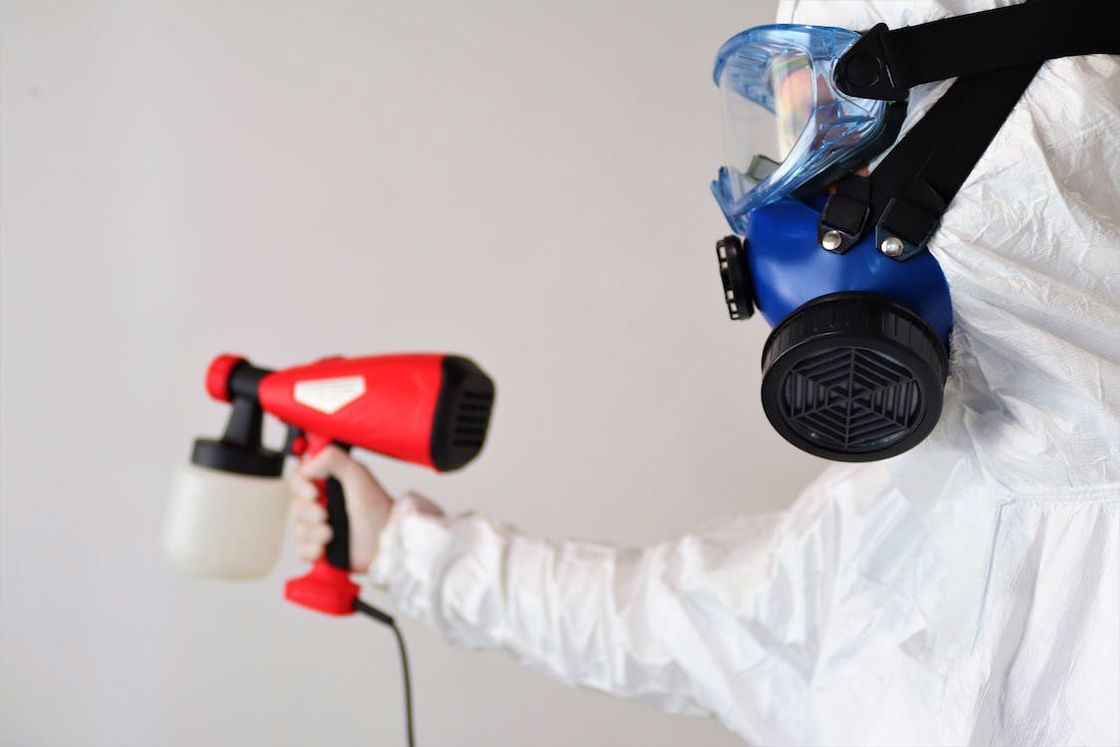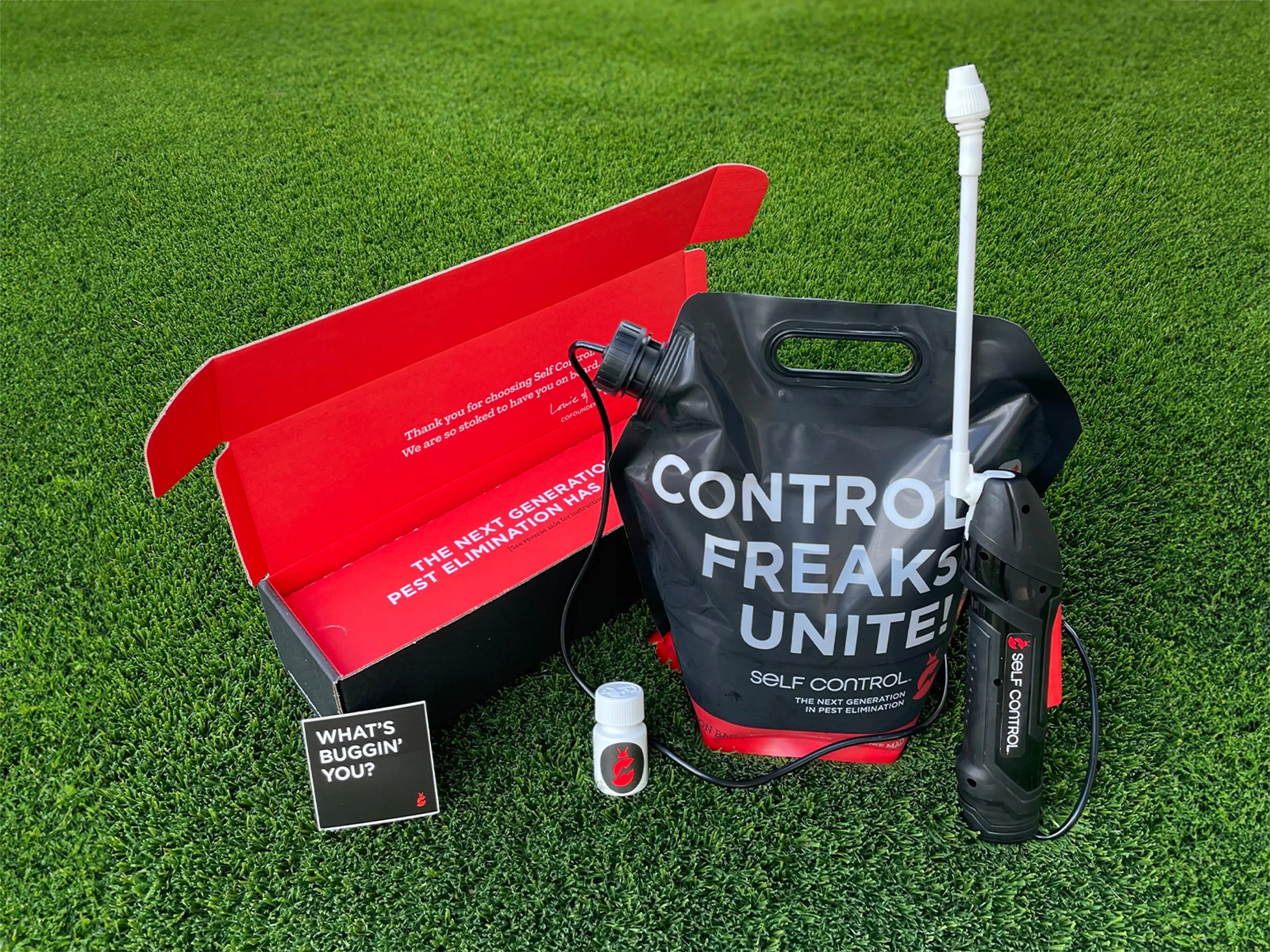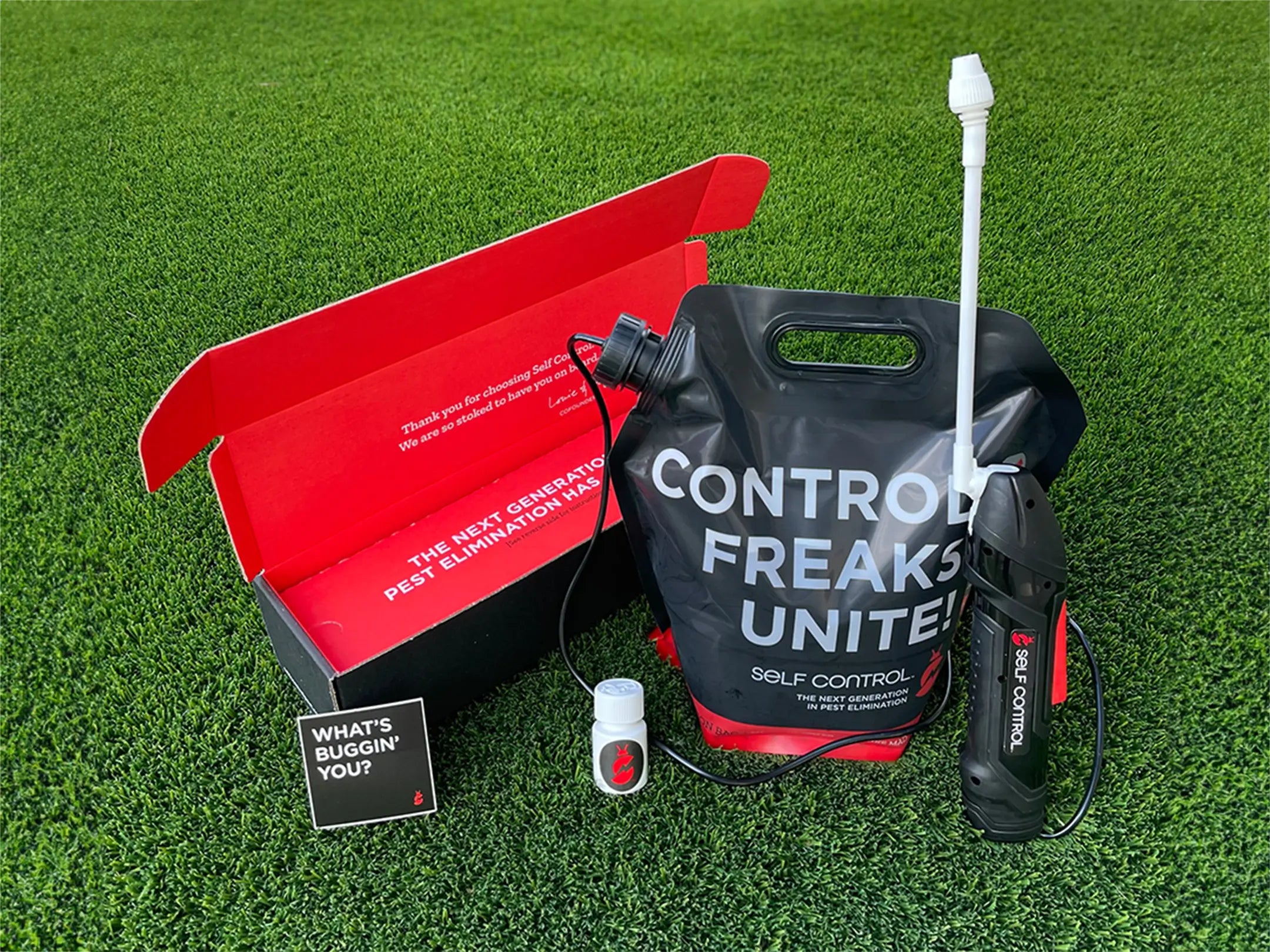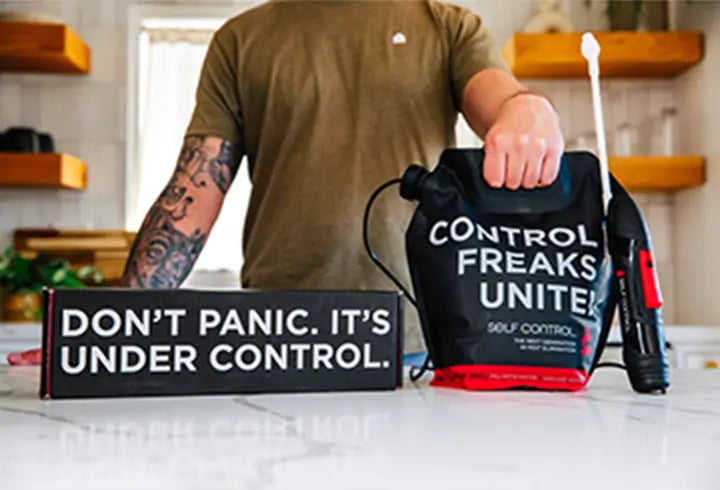
Pest menace has always been a problem for both homeowners and business people. These creatures cause havoc daily, and the only solution is to apply an exterminator spray designed to repel and kill the pests. The question is, how long does exterminator spray last to keep pests away?
How Long Does Exterminator Spray Last?
Generally, exterminator spray lasts approximately 30 to 90 days depending on the product and the level of infestation, before it becomes ineffective. This mainly applies to the perimeter treatments applied around skirtings, at the edges of the wall, and on window sills. A severe infestation may require multiple applications to achieve the desired result.

When the exterminator spray is applied, it creates an invisible barrier around your property, which is designed to keep pests from crossing it. This protection layer lasts for around 90 days and your pest control measures needs to be maintained regularly to ensure it remains effective.
To ensure that your exterminator is working at its maximum efficacy, and to know if you need pest control, you need to conduct regular inspections and use appropriate pest control steps. This will help curb the chances of new infestations and limit the damage caused by existing pests. Moreover, if you notice the product's efficacy is wearing off, it may be time to reapply the exterminator spray as per instructions.
How Long Does it Take to Kill All The Pests?
Exterminator sprayers do not kill pests instantly like they used to, where you could see the results immediately. Pest management companies are coming up with a more sophisticated approach to pest control that ensures effective and long-lasting results.
Depending on the type of pests present on your property, it may take a couple of weeks for all the pests to be eliminated. Note that different pests respond to different treatments differently, so it is essential to research before purchasing an exterminator spray. The following are some of the common pests and the time frame it takes to eliminate them:
- Cockroaches, carpet beetles, wasp nests, spiders, and silverfish take five to six weeks to eliminate completely. You will notice a visible reduction in the infestation within two to three weeks, as the exterminator spray acts as a repellent to keep the pests away.
- Rodents and mice take two to four weeks to be eliminated; however, if there are more than two rodents on your property, it may take longer. Don't seal off entryways or block the exits of rodents during the extermination process until the infestations have been completely eliminated. Ensure follow-up to make sure that the rodents have been eliminated.
- Bed bugs take three to six weeks to eliminate, and they may require multiple pesticide applications for complete elimination. This is because bed bugs can be difficult to eradicate, and their eggs can remain dormant, hatching after the extermination process has been completed. However, with proper pesticides, you should be able to notice a 50% reduction after three weeks.
- Fleas take around four weeks to eliminate, and the results may vary because, during the treatment process, fleas fly from room to room. Therefore, ensure a regular vacuuming process after treatment to prevent fleas from hatching and infesting your property. Secondary treatment is needed to tame new infestations.
 What if the Exterminator Spray Does Not Work?
What if the Exterminator Spray Does Not Work?
There are circumstances when a pesticide may fail to eliminate the pests on your property. If this happens, it is highly recommended that you contact a professional pest exterminator as soon as possible to get the problem solved. The following reasons may be the cause of failure:
- The product may not have been applied correctly. Proper application of pest control products is essential for successful extermination. It includes proper calibration and coverage of the area of infestation, following the instructions and safety precautions for using the product.
- The pests may have become resistant to the product. This could be because of overuse or misuse of the pesticide. It is important to switch between different types of products and use them in a rotation pattern to avoid pest resistance.
- The infestation may be too severe. In such cases, multiple applications may be needed to get the desired results. When choosing a pesticide, it is also important to consider the size and type of property and the amount of infestation.
- The product may not be suitable for the type of pests present on your property. Different pests require different treatments, and it is important to use the appropriate product for the job.
In any case, an experienced pest exterminator can provide you with a suitable solution for your problem when you are unable to do pest control yourself. Self Control Pest is your number one source for getting rid of pests quickly and conveniently. With our vast range of pest control products and pricing plans, you can be sure to find the perfect solution for your pest infestation.
What to Do After Pest Extermination
It is important to follow a few steps after the extermination process is complete so that you don’t experience any recurring infestation. The following are some of the things to do:
- Clean up the area after the exterminator is done, including vacuuming carpets and furniture to remove any remaining pesticides.
- Seal any entryways and cracks the exterminator may have missed to prevent further infestations.
- Keep your home and property clean by regularly sweeping and vacuuming to prevent the build-up of food remains or other materials that can attract pests.
- Check your property regularly for signs of infestation and contact a professional exterminator at the first sign of any new activity.
Frequently Asked Questions
Do Roaches Come Back After Extermination?
Yes, roaches can come back after extermination. This is because their eggs can remain dormant, hatching after the extermination process has been completed. To prevent this from happening, it is important to do regular vacuuming and cleaning and also seal off any potential entry points.
Should You Open Windows After Pest Control?
Yes, you should open windows and doors after pest control to ventilate the space and eliminate any remaining fumes from the pesticide. This should be done for at least an hour after the extermination process.
Conclusion
The duration of an exterminator spray depends on the type of product used, the amount applied and the infestation size. Generally, extermination can last up to several months, although a secondary treatment may be necessary to tackle any new infestations. If the extermination fails, contact a professional to help.



Comments (0)
Back to Critter Chronicles